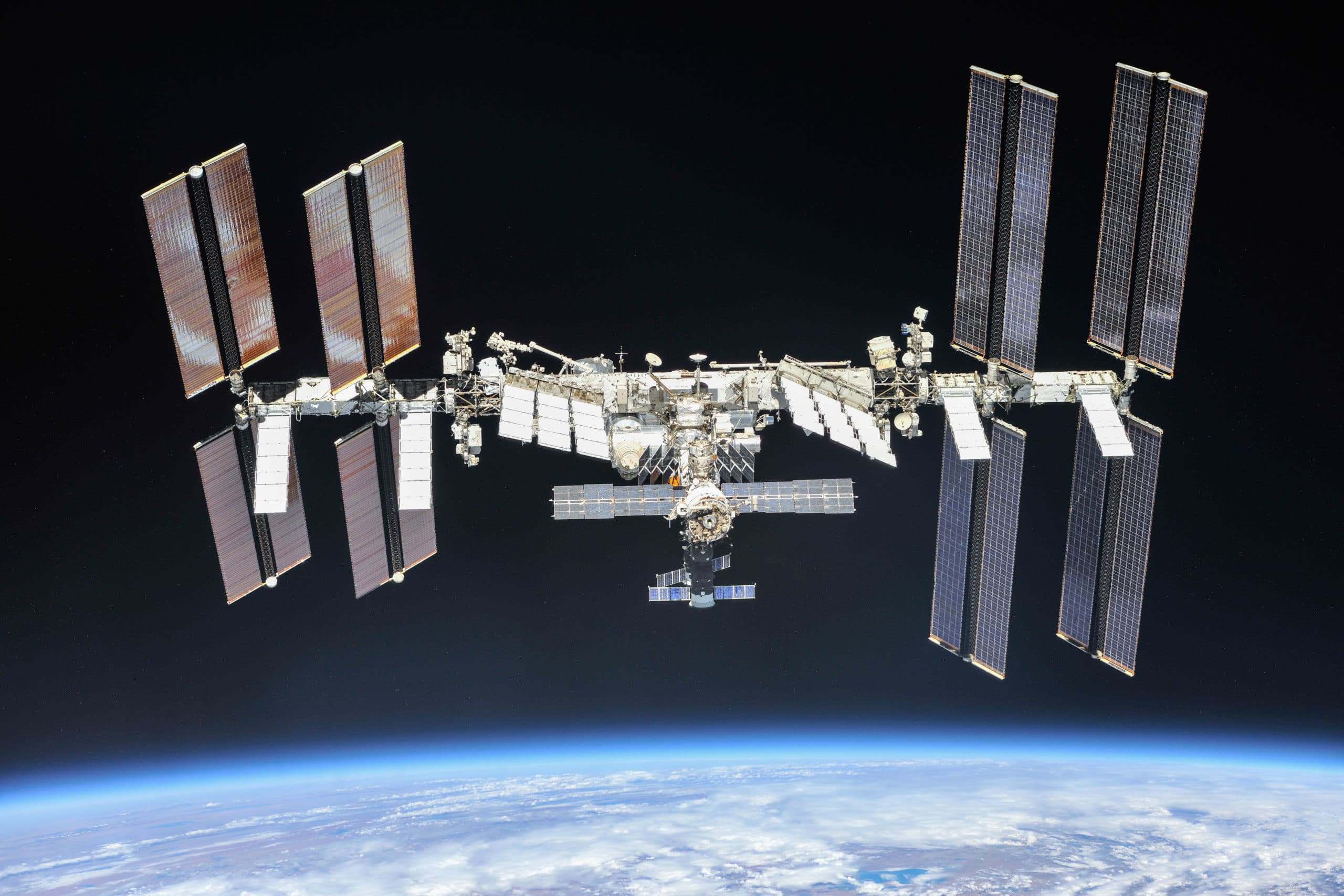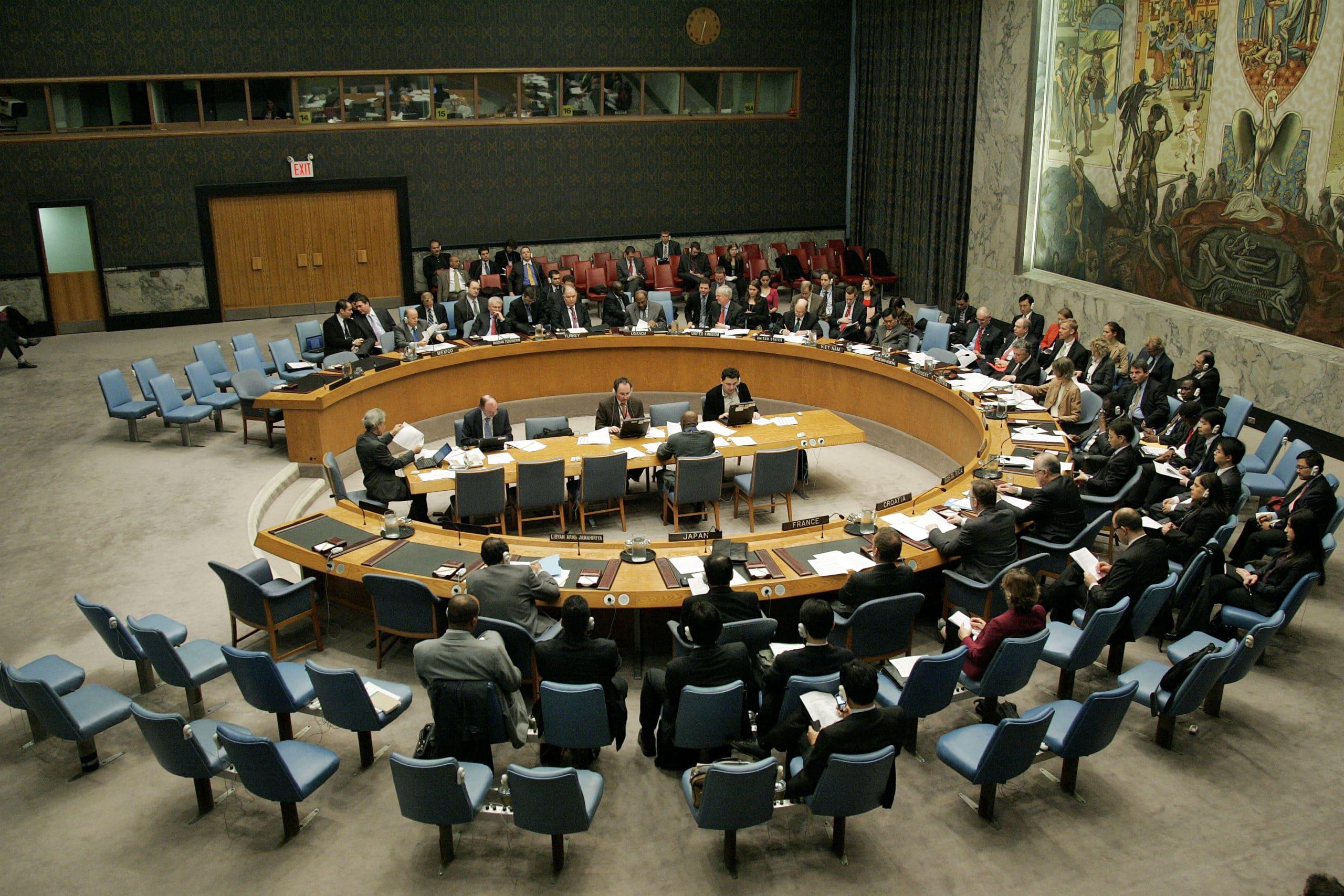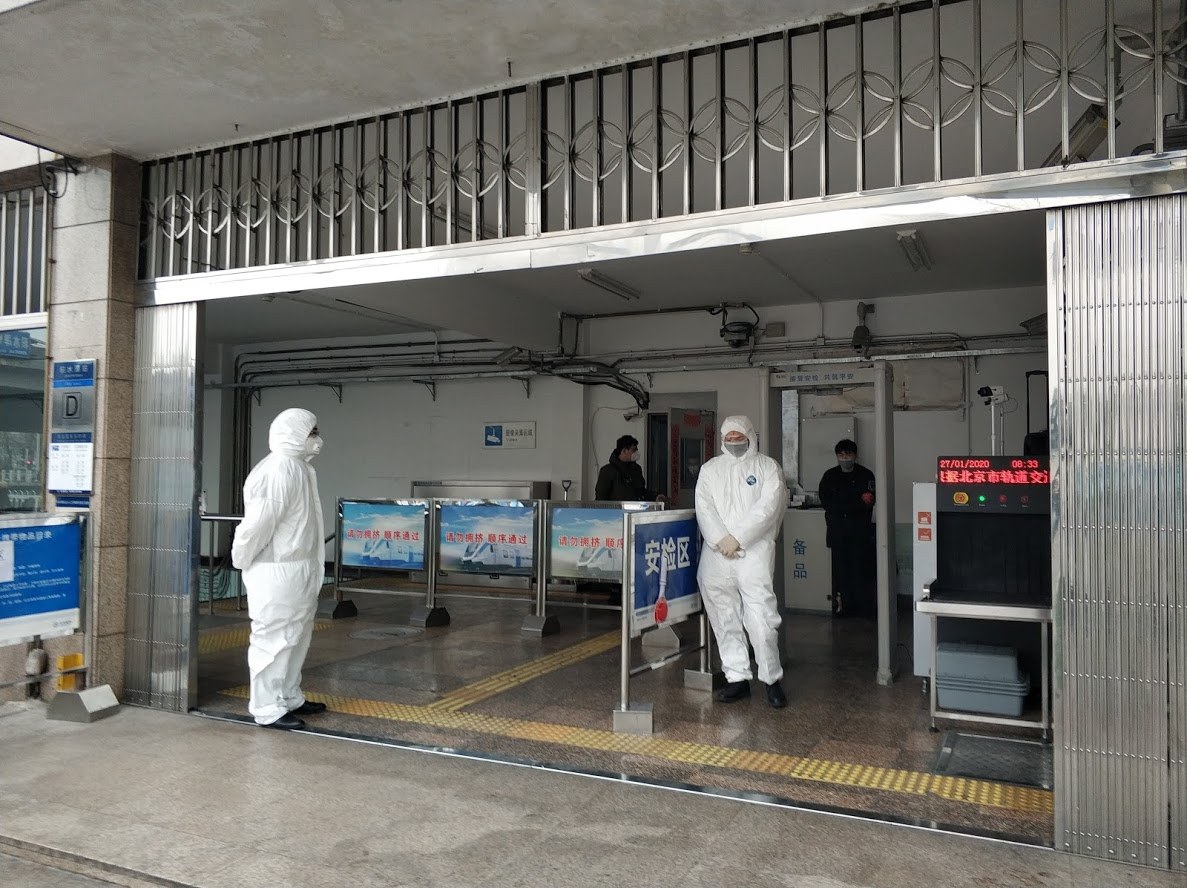Welcome to our roundup of news and current events related to ethics and international affairs! Here’s some of what we’ve been reading this past month:
 Wheat fields in Ukraine, which provided 12% of the global wheat supply before the conflict began. Photo Credit: Mercy Corps via Wikimedia Commons
Wheat fields in Ukraine, which provided 12% of the global wheat supply before the conflict began. Photo Credit: Mercy Corps via Wikimedia Commons
BBC: Ukraine invasion could cause global food crisis, UN warns
UN Secretary-General António Guterres urged that the war in Ukraine has worsened food insecurity in poorer nations and could soon cause a global food crisis that may last for several years. Some countries could even face long-term famines if exports from Ukraine are not restored to pre-war levels. Before the invasion, Ukraine was seen as the world's bread basket, exporting 4.5 million tonnes of agricultural produce per month through its ports. The conflict has cut off supplies from Ukraine's ports which has, in turn, reduced global supply and caused prices to soar. According to the UN, global food prices are nearly 30 percent higher than this time last year. Guterres warned that the only effective solution is to reintegrate Ukraine's food production back into the global market.
Read more about armed conflict, the war in Ukraine, and food insecurity in Ethics & International Affairs:
From Anger to Action: Moral Emotions and the Invasion of Ukraine (March 2022)
Russia, Ukraine, and the Demise of Smart Sanctions (March 2022)
Food and the Global Political Economy (2021: Volume 35.1)
 The International Space Station as of October 4, 2018. Photo Credit: NASA/Roscosmos via Flickr
The International Space Station as of October 4, 2018. Photo Credit: NASA/Roscosmos via Flickr
NPR: Russia's war in Ukraine is threatening an outpost of cooperation in space
Despite high tensions between the United States and Russia, American astronauts coexist symbiotically with Russian cosmonauts aboard the jointly controlled International Space Station. NASA administrator Bill Nelson expects this relationship to continue for the foreseeable future. But as the decades-old station approaches the end of its lifespan, some experts worry that long-standing space relations may also come to an end. In 1998, the station launched largely as a U.S.-Russian project; the U.S. provided power while Russia kept the station at the correct altitude and orientation. This relationship endured as things deteriorated on Earth with wars, assassination attempts, and allegations of political meddling. Now, a mix of geopolitical and technical factors are rapidly transforming collaboration. The war in Ukraine has strained nearly every aspect of U.S.-Russia relations.
Read more about great power competition, international cooperation, and the war in Ukraine in Ethics & International Affairs:
First Georgia, Then Ukraine: How Russian Propaganda Justifies Invasions (March 2022)
Briefly Noted: Secrets in Global Governance: Disclosure Dilemmas and the Challenge of International Cooperation in World Politics (2021: Volume 35.1)
Russia and the Liberal World Order (2018: Volume 32.1)
 United Nations Security Council (2005). Photo Credit: UN via Wikimedia Commons
United Nations Security Council (2005). Photo Credit: UN via Wikimedia Commons
Aljazeera: Biden endorses Japan on UN Security Council, beefed up defence
In a resolved effort to confront China's growing influence in Asia, President Biden has endorsed Japan's plan to invigorate its defense capabilities. Both President Biden and Prime Minister Fumio Kishida are committed to working closely to counter China's assertiveness and concerning reach across the Asian continent. The cornerstone of Biden's visit will be the launch of the Indo-Pacific Economic Framework for Prosperity (IPEF), a broad plan providing an economic pillar for greater U.S. engagement with Asia. The program will bind countries through common standards in supply-chain resilience, clean energy, infrastructure, and digital trade. However, the IPEF is unlikely to include binding commitments, and Asian countries and trade experts have given a "lukewarm response" to the program.
Read more about China's influence, international cooperation, and multilateralism in Ethics & International Affairs:
Taking Measure of the UN's Legacy at Seventy-Five (2020: Volume 34.3)
China's Global Identity: Considering the Responsibilities of Great Power (2019: Volume 33.3)
China and the Future International Order(s) (2018: Volume 32.1)
 Medical control check for COVID-19 to enter Jishuitan metro station, Beijing. Photo Credit: Pau Colominas via Wikimedia Commons
Medical control check for COVID-19 to enter Jishuitan metro station, Beijing. Photo Credit: Pau Colominas via Wikimedia Commons
Reuters: Beijing extends work-from-home 'requirement' for millions as COVID spreads
While Shanghai deployed more mass testing to maintain its "zero COVID" status after two months of lockdown, Beijing has extended its work-from-home requirement for its 22 million residents to combat an outbreak. The month-old outbreak has consistently seen dozens of new infections every day, and on Sunday (May 22), 99 new cases were detected in Beijing, the largest daily tally so far. In response, six of the city's sixteen districts have told all residents to work from home and avoid gatherings. Additionally, offices in areas following the work-from-home guidance must not exceed 30 percent capacity. Despite this ominous development in the capital, health officials say infections in China are steadily declining. Nonetheless, the policies in Beijing, Shanghai, and elsewhere in China are leaving behind significant economic damage and disruption to global supply chains and international trade.
Read more about pandemics, COVID-19, and China's mitigation strategy in Ethics & International Affairs:
New Pandemics, Old Politics: Two Hundred Years of War on Disease and Its Alternatives (2021: Volume 35.4)
COVID-19 as a Mass Death Event (2021: Volume 35.1)
Can Staying at Home be Saving Lives and Avoiding Killing? COVID-19, Lockdowns and the Doing/Allowing Distinction (December 2020)